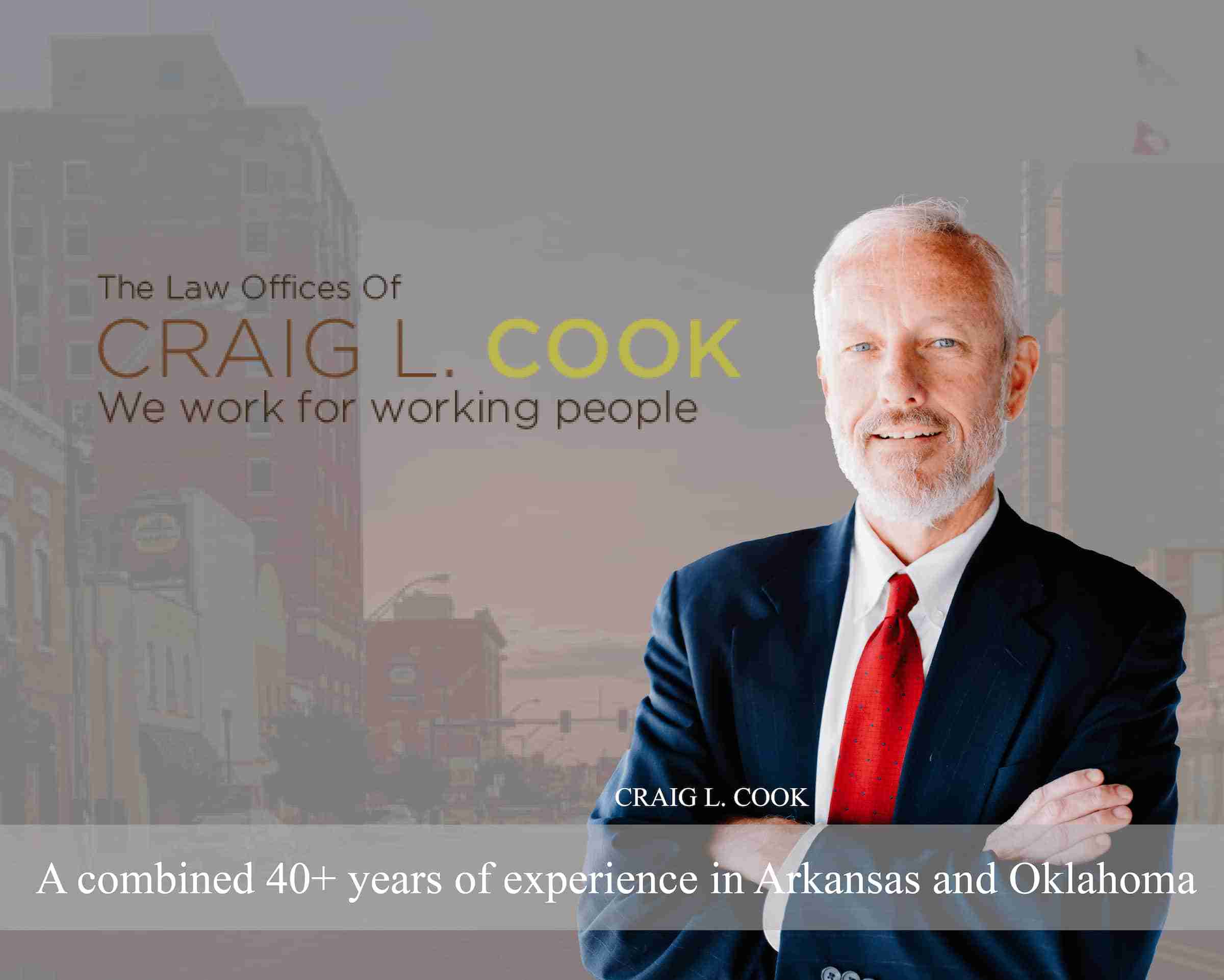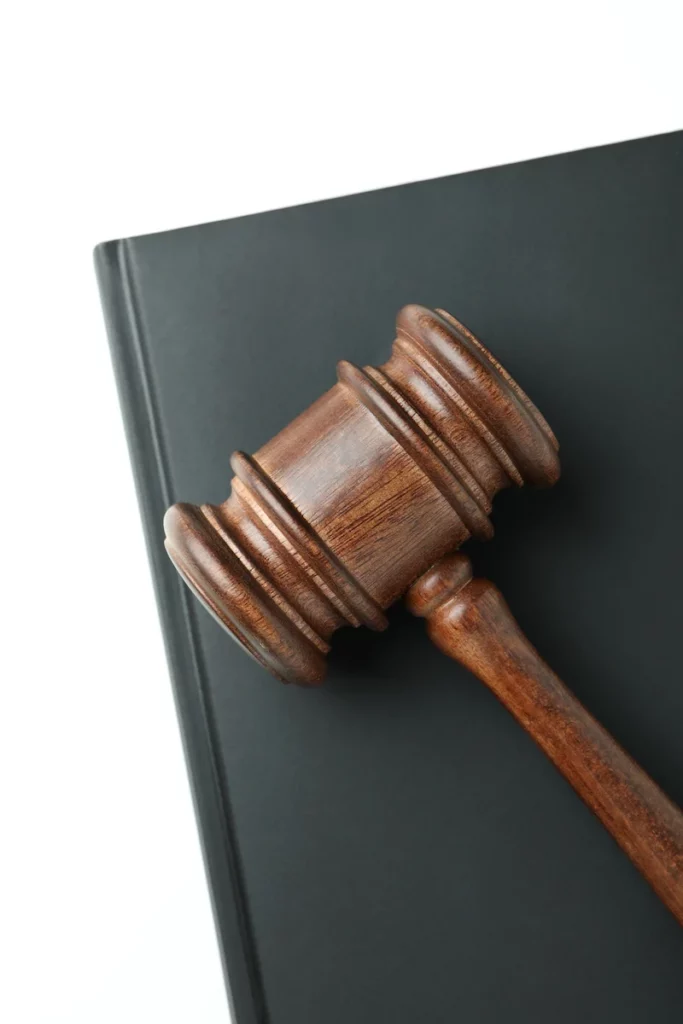Bankruptcy Lawyer

Filing for Bankruptcy
When you arrive for your initial consultation, we will talk to you about your financial circumstances and the options that are available to you.
We recognize that many people are reticent to file for bankruptcy because of the stigma that is associated with it.
It is important to recognize that people find themselves facing financial difficulties that lead to bankruptcy for many reasons, and filing for bankruptcy does not mean that you are fiscally irresponsible or a bad person.
Many people face financial difficulties because they have lost their jobs, are caring for ill loved ones, have suffered unexpected illnesses, or are dealing with high compounding interest rates. All of these situations can lead to debts that spiral out of control.
Our lawyers are compassionate, and they understand that people become overwhelmed by their debts for many different reasons.
Our goal is to help our clients break free from their unmanageable debts so that they can regain control of their financial lives.
Chapter 7 Bankruptcy
Chapter 7 is the most popular type of bankruptcy for consumers. It’s sometimes referred to as “liquidation bankruptcy” because you must liquidate non-exempt property to repay a small portion of your debts.
You do not have to enter into a repayment plan for the balances. When you receive a discharge of your debts, you will no longer be responsible for repaying them, and your creditors will not be able to engage in any actions to collect them from you in the future.
There are federally allowed exemptions in a Chapter 7 bankruptcy, and Arkansas and Oklahoma each have their own state exemptions.
In Arkansas, you are able to choose between the state’s exemptions and the federal exemptions.
In Oklahoma, you must use the state’s exemptions.
Our lawyers can teach you about the allowed property exemptions so that you understand what you will be able to keep and what might be liquidated.
Many people who file for bankruptcy protection under Chapter 7 find that they lose very little property in the process.
When a Chapter 7 petition is filed, the bankruptcy court issues an automatic injunction, which forbids your creditors from continuing to pursue any further collection activities. This means that once you file your petition, your creditors will have to stop contacting you.
It is an effective way to halt evictions, harassing phone calls, garnishments, lawsuits, and judgment collections.
Chapter 7 bankruptcy may not protect you from a foreclosure or allow you to keep all of your property. However, it can offer you a way to discharge most unsecured debts and to end harassment from your creditors.

Chapter 13 Bankruptcy
Chapter 13 bankruptcy involves a restructuring of your debt and allows you to retain more property.
When you file for protection under Chapter 13, you enter into a plan to repay portions of your debts for a period lasting three to five years. Most of your remaining unsecured debt balances will be discharged when you complete your plan.
Your attorney will work with you to create a repayment plan that fits your budget and that is likely to be accepted by the bankruptcy court.
Filing for protection through Chapter 13 offers several advantages for people who are eligible:
- First, Chapter 13 may allow you to keep more of your property. If you have non-exempt property that would be liquidated to repay debts in a Chapter 7 proceeding, filing under Chapter 13 may allow you to keep it.
- Second, if your home is in foreclosure, a Chapter 13 petition will stop the foreclosure process. You will then have between three and five years to catch up and repay the amount that you are behind while continuing with your regular mortgage payments. If you successfully complete your repayment plan, you will be able to continue with your mortgage.
- Third, filing to restructure your debts under Chapter 13 might also help you to repay your debts more quickly. The bankruptcy court establishes interest rates for Chapter 13 plans that are often substantially lower than the rates that you pay under your contracts. Penalties and interest that have accumulated on certain types of debts may also be dischargeable, helping you save substantial sums.
In order to file for protection under Chapter 13, you must meet the eligibility requirements. Only consumer bankruptcy protection is allowed under Chapter 13, and there are debt limits.
You must have a source of regular income to pay for your living expenses and to make your payments to the bankruptcy trustee during your repayment plan.
In addition, you cannot be time-barred by a previously filed bankruptcy, and your plan must include the repayment of certain types of debts in full.
If you’re interested in filing for Chapter 13 bankruptcy, review all of the eligibility requirements with a bankruptcy attorney.
Support Team
Our combined 40+ years of experience in AR & OK
Need Help?
Looking for Legal Service With Global Quality?
With bankruptcy lawyers in Fayetteville, AR, Alma, AR, Fort Smith, AR, Ozark, AR, and Tulsa, OK, our bankruptcy law team understands that many different situations can lead people to financial difficulties. We can offer you guidance so that you can build a better financial future once your case is over. Our bankruptcy attorneys are compassionate and easygoing, and we can help to minimize the stress and anxiety that you might experience during the process. We will do our best to provide you with a fresh financial start.
Bankruptcy is sometimes unavoidable for people who are suffering under the weight of unmanageable debts. Fortunately, it is possible for you to obtain relief with the help of a bankruptcy lawyer at the Law Offices of Craig L. Cook.





